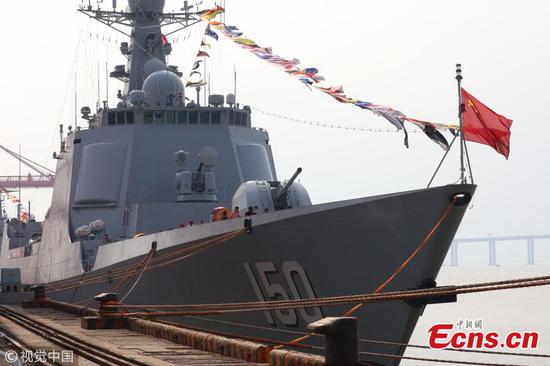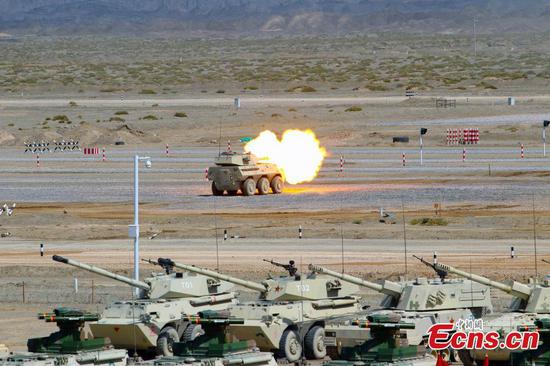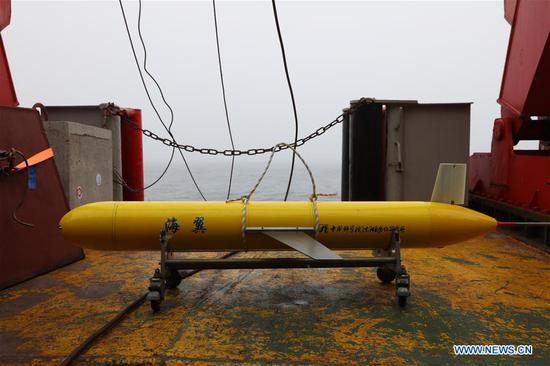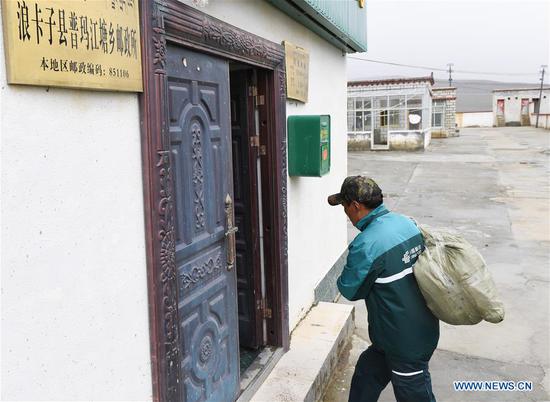Technology focus
In May, President Xi Jinping set an important directive for the development of Hong Kong's information and technology sector, declaring that national funding would be made available to help in the region's industrial development. Part of the objective is to help Hong Kong diversify its economy, building the city into a global innovation hub while maintaining its status as a global financial center.
As one of the top three economies in the Bay Area, Hong Kong enjoys steady economic growth, with a 3.8 percent increase in full-year GDP last year.
It has stepped up efforts to drive its tech engine, earmarking the highest amount ever-HK$50 billion ($6.3 billion) from 2018 to 2019-to upgrade its information and technology sector.
A total of HK$20 billion will go toward development of the first phase of the Hong Kong-Shenzhen Innovation and Technology Park. The park, a cross-border technology and research center established last year, is situated at the Lok Ma Chau Loop bordering Hong Kong and Shenzhen.
"Innovation and sci-tech are widely expected to be the main development focus for the Greater Bay Area. People expect the region to become the world's leading sci-tech center," said Margaret Fong Shun-man, executive director of the Hong Kong Trade Development Council, at a forum last month.
Shenzhen, the leading economy in the Bay Area, saw impressive GDP growth of 8.8 percent last year. Since the mainland opened up for overseas investment in 1978, the former fishing village has become a high-tech "promised land" for 12 million residents, earning it the accolade of the "Silicon Valley of China".
Shenzhen bustles with individual startups alongside internet giants Baidu and Tencent, smartphone maker Huawei and drone manufacturer DJI. It is estimated the metropolis manufactures about 90 percent of the world's consumer electronics.
Guangzhou, the capital of Guangdong, is China's pivotal commercial distribution hub. The city's port has an annual cargo handling capacity of 590 million metric tons and a throughput capacity of 20.3 million standard containers. Guangzhou is investing 100 billion yuan in the port over the next three years, determined for it to become one of the busiest global shipping centers.
By 2020, the annual container throughput of Guangzhou's port is forecast to surge to 25 million Twenty-foot equivalent units (TEUs), and its bulk shipment capacity will reach 650 million tons.
Guangzhou is also the nation's central hub for cross-border e-trading. In 2016, the import-export value of Guangzhou's cross-border e-commerce stood at 22.77 billion yuan, a 55.1 percent year-on-year increase.


















































